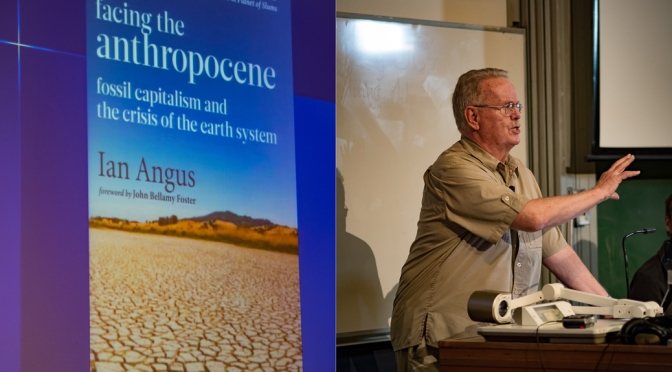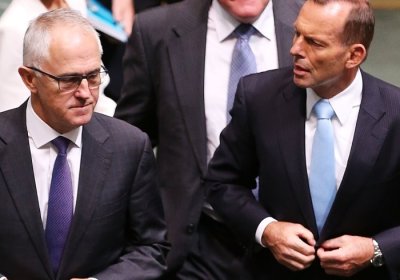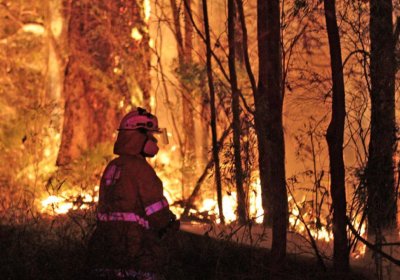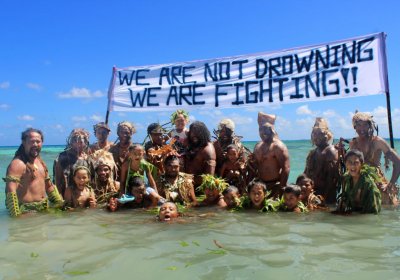What seemed at first to be a depressing and predictable British election, with the hard right Tories under Prime Minister Theresa May set for a larger majority, has become a fascinating election contest.
Labour’s support has surged to the point where something unthinkable just weeks ago — a Jeremy Corbyn prime ministership — is now at least an outside chance.

 Author Ian Angus at the launch of 'Facing the Anthropocene'. Sydney, May 13.
Facing the Anthropocene: Fossil Capitalism & the Crisis of the Earth System
By Ian Angus
Monthly Review Press
New York, 2016
We are living in a time of unparalleled ecological breakdowns and the crisis is much worse than most people realise. There are other books that tell this harrowing story, but Ian Angus's Facing the Anthropocene is different.
Author Ian Angus at the launch of 'Facing the Anthropocene'. Sydney, May 13.
Facing the Anthropocene: Fossil Capitalism & the Crisis of the Earth System
By Ian Angus
Monthly Review Press
New York, 2016
We are living in a time of unparalleled ecological breakdowns and the crisis is much worse than most people realise. There are other books that tell this harrowing story, but Ian Angus's Facing the Anthropocene is different.








